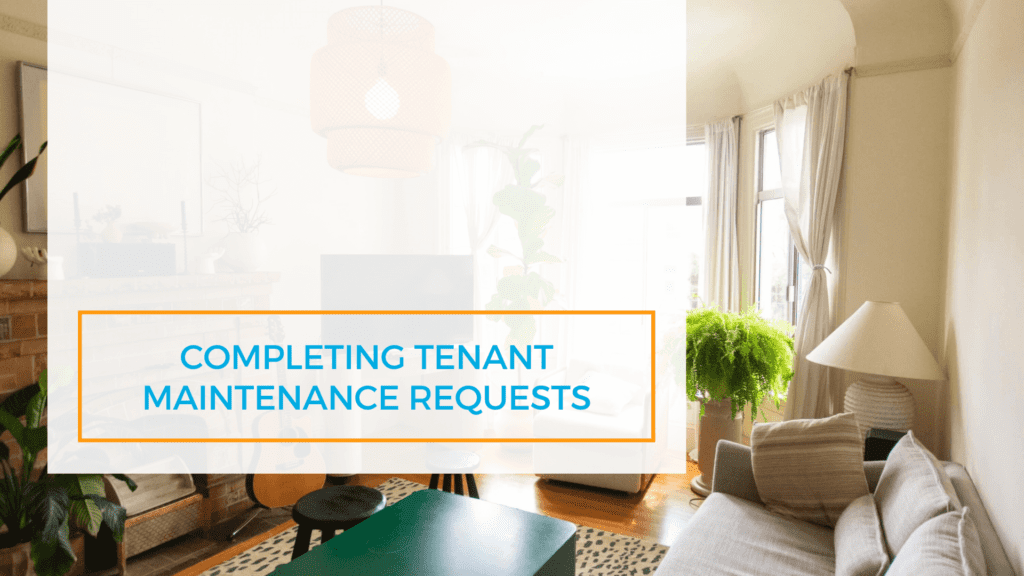
Maintenance is a much-needed phenomenon for a rental property. If you lease a house, you will have to deal with the repair and upkeep concerns on a routine level. You will be responsible for inspecting, identifying the issues, and resolving them as a priority. Regular maintenance helps lower the risk of damage, boosts your property’s market value, and retains tenants for a longer time.
However, landlords often avoid responding to tenants’ repair requests to skip additional expenses and/or lack of time. They also find it challenging to streamline the process of addressing repair requests.
Here are the best practices that can help landlords effectively complete maintenance requests for their rental property.
Maintain Strong Relationships with Vendors
Vendors play a crucial role in solving issues related to upkeep repairs. Make sure you hire professional, licensed, and well-experienced vendors for the property who are reliable and work efficiently. Compare the fees and rates of different vendors to find the ones that fit in your budget.
Think twice about hiring local vendors who lack experience and have no affiliation with reputed companies. You can contact a Merced property management company in your area to get a preferred vendors list.
If you are hiring vendors for the first time, screen them carefully. However, if you know the vendors personally and they have worked with you previously, you may choose to skip screening. Rehiring vendors strengthens your relationship with them and builds trust.
Prepare a Maintenance Budget in Advance
Sometimes, the repair costs exceed the budget of landlords. In such situations, it gets difficult to manage finances at the last minute. Preparing a budget in advance helps you deal effectively with every maintenance issue, whether big or small.
In the case of normal wear, landlords don’t need to be present in person. For example, you can send a repairs specialist to the property to fix the garbage disposal. However, if the damage is significant, you need to be present to access the damage and decide on the budget.
Respond on Time
Immediate response to maintenance requests is critical since it causes inconvenience to renters. You can prioritize repairs depending on the severity of the damage. For example, problems like leaky faucets, stuck windows, non-functional appliances will require immediate attention. However, problems such as chipped paint and scratched window panes can be given some time.
Even if you prioritize repairs according to urgency, you must communicate with tenants as early as possible and let them know how long it will take.
Implement Preventive Maintenance
Preventive maintenance is key to a hassle-free tenancy. Conduct regular inspections, and check for repair when the equipment is still functioning. Property owners’ primary responsibilities are providing plumbing services, efficient heating systems, adequate water supply, and more.
Implementing preventive maintenance saves you money and reduces the risk of significant damage. Your tenants will feel valued and happy, which leads to a longer tenancy and a higher occupancy rate.
Follow Up with Tenants after the Maintenance
Follow up with renters and ask them if their problem still persists so that you can take further steps accordingly. Check if they are satisfied with the job and ask for feedback regarding your maintenance services to identify scope for further improvement.
Often, it may not always be possible for landlords to manage rental maintenance on their own. In such cases, landlords can hire a property management company to handle repair requests more efficiently and productively.
 River Drive Properties is a well-known property management company in the Central Valley with over 30 years of experience in rental property management. Our team includes licensed professionals and vendors to assist you with upkeep and repairs for your property.
River Drive Properties is a well-known property management company in the Central Valley with over 30 years of experience in rental property management. Our team includes licensed professionals and vendors to assist you with upkeep and repairs for your property.
Contact us at River Drive Properties for more advice on attending to tenants’ concerns and requests.

 Denise Turner
Denise Turner Joseph Cox
Joseph Cox Audrea Tuhn
Audrea Tuhn Michael Richter
Michael Richter Melissa Balderama
Melissa Balderama Xay Her
Xay Her Julio Anaya III
Julio Anaya III Clifford Uyeno
Clifford Uyeno Edith Zuniga
Edith Zuniga Itzel Ruelas
Itzel Ruelas Sandra Gaylord
Sandra Gaylord Crystal Taffoya
Crystal Taffoya

 Brandon Waters CMCA®, AMS®
Brandon Waters CMCA®, AMS® Diondra Williams
Diondra Williams Rachel Perez
Rachel Perez